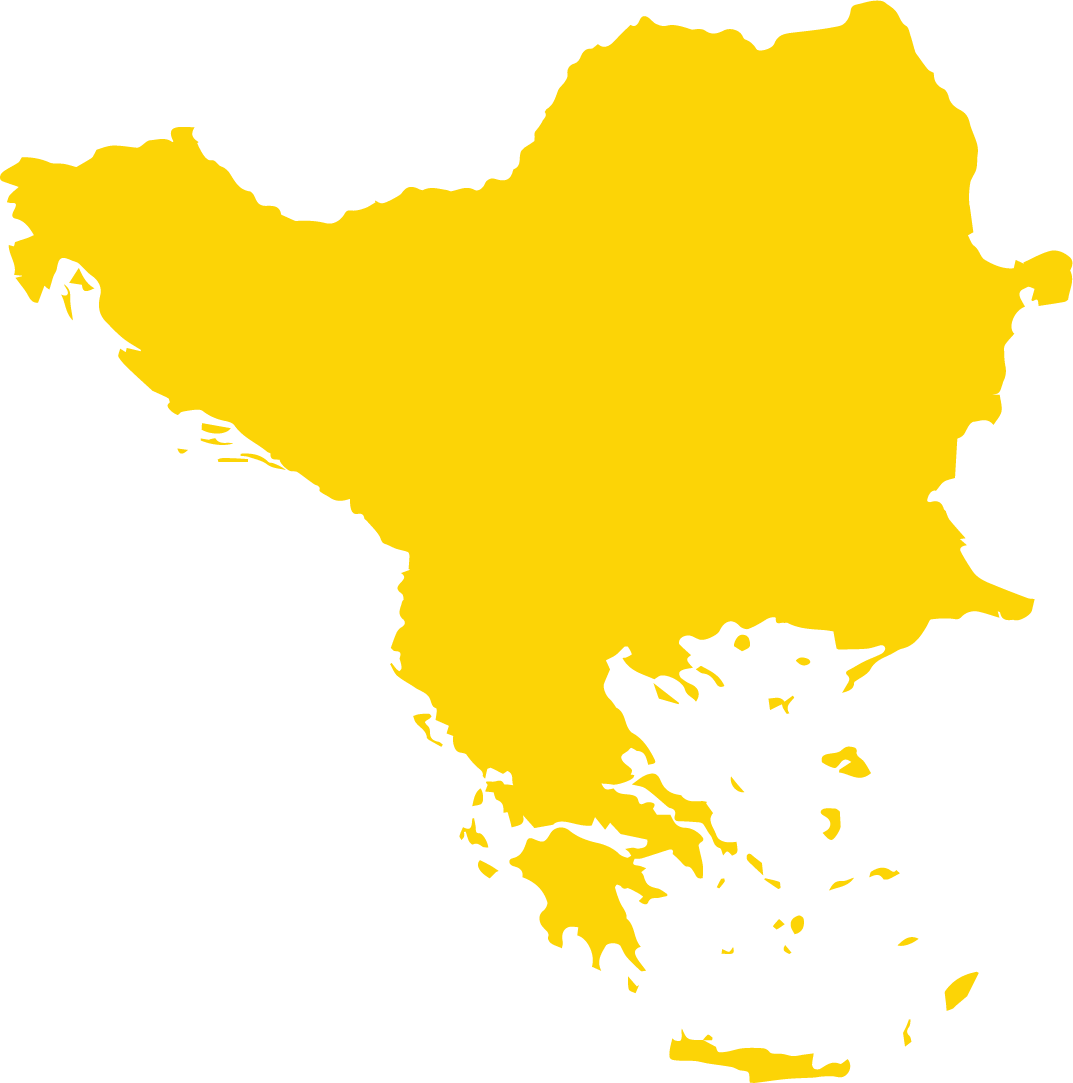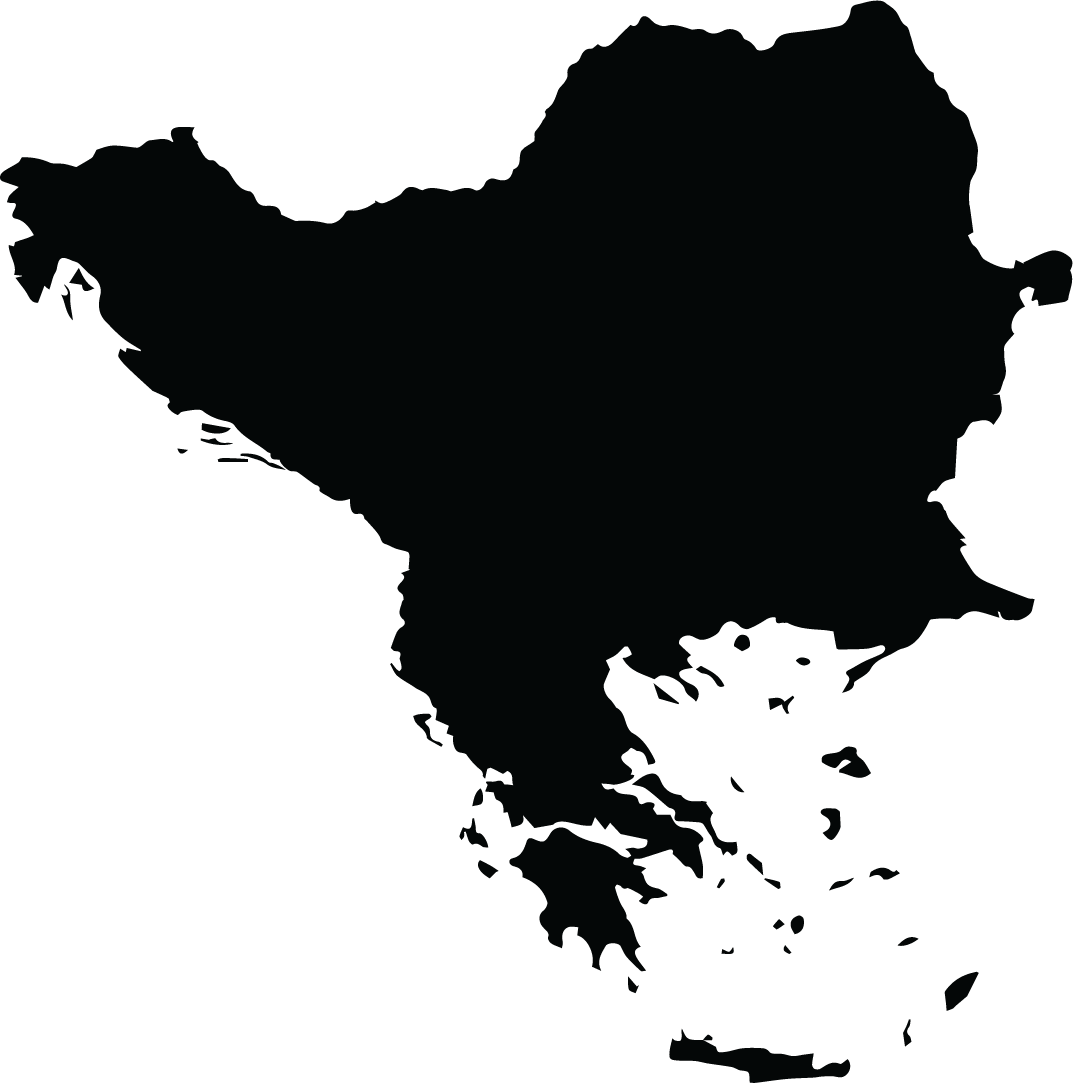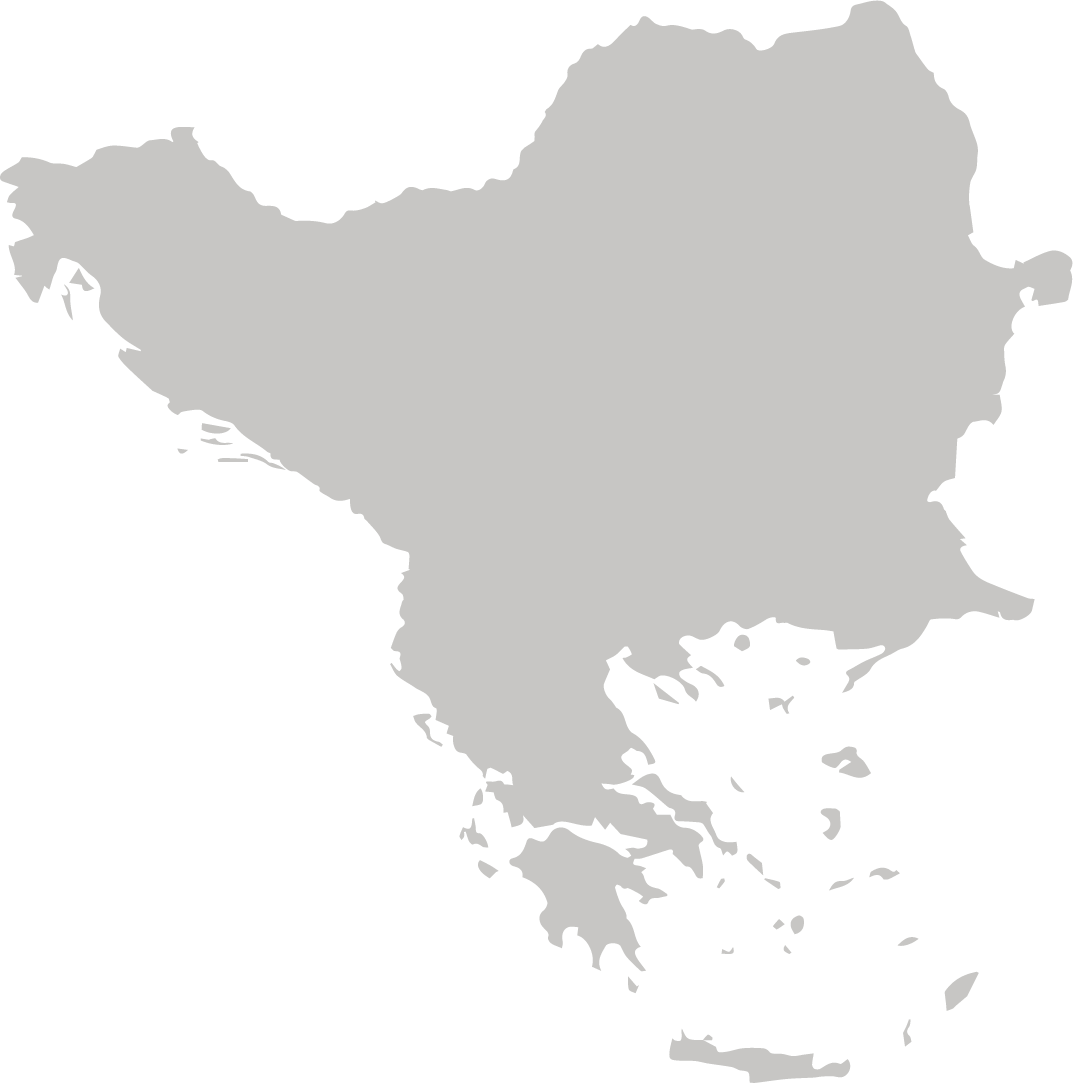Konstantinov, K. The Evolution of Iran-Bosnia Relations: From Wartime Alliances to Modern-Day Dynamics
The Evolution of Iran-Bosnia Relations: From Wartime Alliances to Modern-Day Dynamics
In: Obscured Balkans, vol. 1, 2024.
Author:
Kaloyan Konstantinov, Ph.D. Candidate
Institute of Balkan Studies and Centre of Thracology
Bulgarian Academy of Sciences
Received: April 24, 2024
Technical Evaluation: May 10, 2024
Editorial Review: June 4, 2024
Peer Review: June 17, 2024
Accepted: July 17, 2024
Published: November, 7, 2024
10.6276/OB2024.KK
English
Konstantinov, K. 2024. ‘The Evolution of Iran-Bosnia Relations: From Wartime Alliances to Modern-Day Dynamics.’ Obscured Balkans, vol. 1, pp. 173–179. DOI 10.6276/OB2024.KK, ISSN 3033-1331.
Abstract
Keywords
References
Abstract
The relationship between Iran and Bosnia and Herzegovina has evolved significantly from its origins during the Bosnian War (1992–1995) to the present day, reflecting a complex interplay of historical, religious, and geopolitical factors. Initially, Iran emerged as a crucial ally for the Bosnian Muslims during the war, providing military support, humanitarian aid, and promoting Islamic unity despite sectarian differences.Iran’s post-war influence in Bosnia was marked by the establishment of cultural centers, educational institutions, and efforts to deepen economic ties, particularly in construction, energy, and tourism sectors. However, these efforts faced significant challenges, including international sanctions on Iran, Bosnia’s complex political landscape, and its increasing alignment with Western policies, particularly concerning EU integration and NATO membership. The religious dimension of the relationship continued to play a significant role, with Iran promoting Islamic education and cultural exchange in Bosnia. However, this influence was limited by the predominance of Sunni Islam in Bosnia and competition from other Muslim-majority countries like Saudi Arabia and Turkey.
Despite these challenges, Iran and Bosnia maintained diplomatic relations, albeit complicated by broader geopolitical tensions, particularly between Iran and the West. Issues related to extremism and radicalism also influenced the relationship, with Bosnia’s cooperation with Western powers in counterterrorism efforts sometimes straining ties with Iran. Overall, the Iran-Bosnia relationship has demonstrated resilience, adapting to changing circumstances while finding new avenues for cooperation. The future of this relationship remains uncertain, influenced by Bosnia’s European aspirations and Iran’s complex international standing.
Keywords
Iran, Bosnia and Herzegovina, Islam, Balkans
References
Barbora Chrzová, e. a. (2019). Western Balkans at the Crossroads: Assessing Influences of Non-Western External Actors. Prague: Prague Security Studies Institute.
Berkolli, L. (2021). Iran’s Cultural Hegemony in Western Balkans. Ankara: Center for Iranian Studies in Ankara.
Bishku, M. B. (2016). Bosnia and the Middle East: Current Political, Economic and Cultural Ties. Journal of Muslim Minority Affairs.
Commission, E. (2024, May 4). Bosnia and Herzegovina. Retrieved from Consilium Europa: https://www.consilium.europa.eu/en/policies/enlargement/bosnia-herzegovina/
Courtney, S. (2019, May). Sanctions and the proliferation of terrorism: Cases of Iran, Libya, and Bosnia-Herzegovina. Public Administration & Policy.
Hadžikadunić, E. (2022). Bosnia and Herzegovina and the Muslim World: Trends and Opportunities. Časopis za interdisciplinarne studije, 7-31.
Karčić, H. (2010). Globalisation and Islam in Bosnia: Foreign Influences. Totalitarian Movements and Political Religions, 151-166.
Karčić, H. (Director). (2022). Iranian Soft Power and Religion in Bosnia: A Diplomacy of Shared Oppression [Motion Picture].
Kostov, A. (2021). Bosnia and Herzegovina: Potential for EU Membership or for Regional Instability. In A. K. al., Contemporary Balkans: The Challenges of the 21st Century (pp. 29-48). Sofia: Tendril Publishing House.
Maurizi, S. (2012). The Bosnian War and the New Great Game: A Case Study in Strategy and Diplomacy. All Theses and Dissertations (ETDs). Washington University in St. Louis .
Preilevic, H. (2017). Preventing Religious Radicalization in Bosnia and Herzegovina: The Role of the BiH Islamic Community. Journal of Muslim Minority Affairs, 37(4), 371–392.
Progonati, E. (2016). Iran’s Silent Revolution in Balkans. SSPS, 1(1), 177-192.
Representatives, P. S. (1998, 0ctober 9). Investigation Into Iranian Arms Shipments. Retrieved from GovInfo: https://www.govinfo.gov/content/pkg/CRPT-105hrpt804/html/CRPT-105hrpt804.htm
SarajevoTimes, E. (2023, December 14). Iran approves Visa Exemption for Citizens of Bosnia and Herzegovina. Retrieved from Sarajevo Times: https://sarajevotimes.com/iran-approves-visa-exemption-for-citizens-of-bosnia-and-herzegovina/
TehranTimes, E. (2022, December 7). FM says Iran backs national sovereignty, unity of all religions in Bosnia. Retrieved from Tehran Times: https://www.tehrantimes.com/news/479497/FM-says-Iran-backs-national-sovereignty-unity-of-all-religions
Zhang, Z. (2023). Engagement Between Bosnian Muslims and Islamic Countries in the Middle East. Proceedings of the 2023 9th International Conference on Humanities and Social Science Research (ICHSSR 2023) (pp. 338-344). Xiamen: Atlantis Press.



